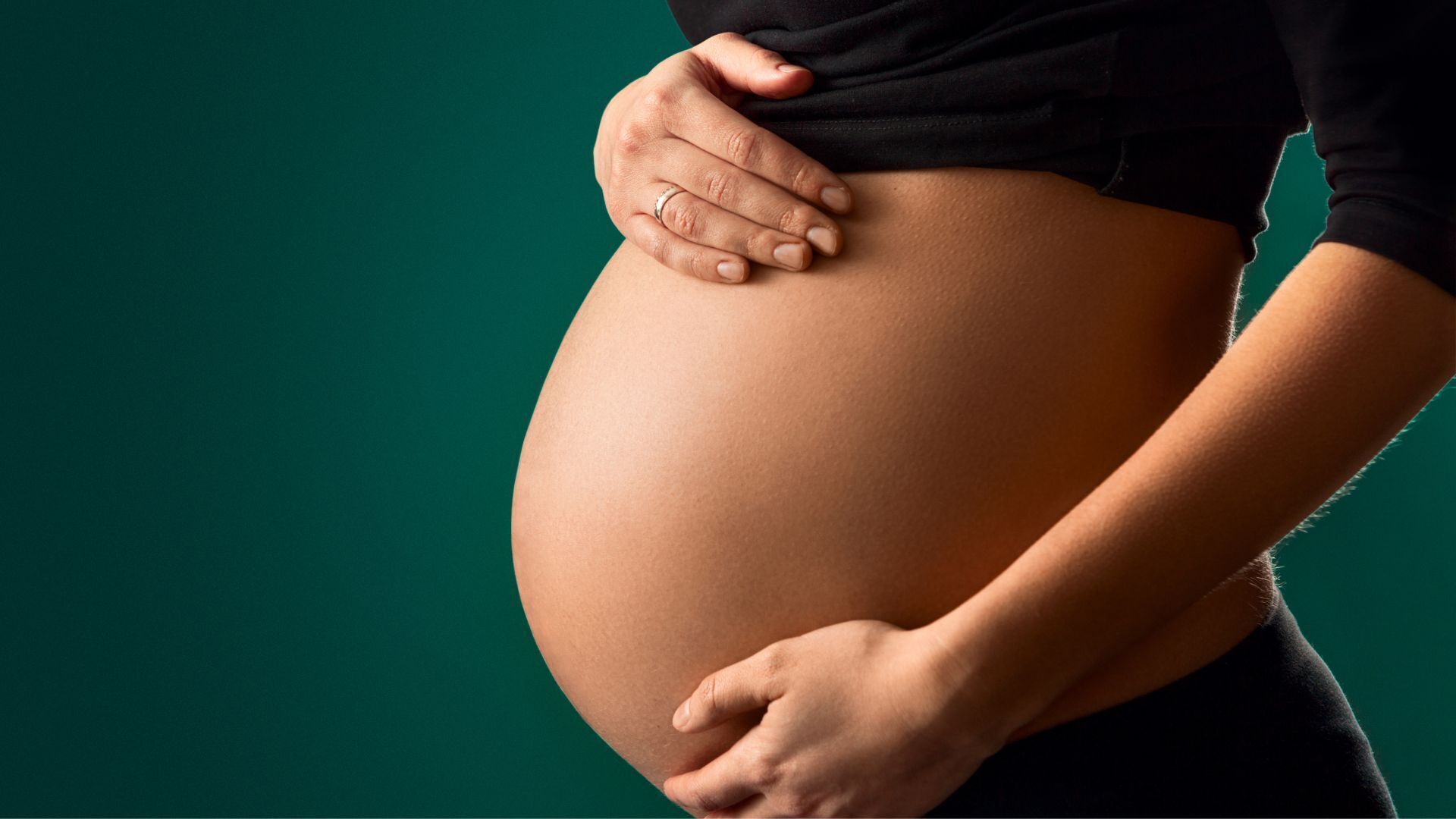
Are you nearing the end of your pregnancy and wondering when labor will start? Recognizing the signs of labor and knowing when to head to the hospital can help you feel prepared with a smooth delivery process. Here’s what you need to know:
What are the Signs of Labor?
- Contractions: Regular contractions that become stronger and closer together over time are a classic sign that labor is starting. These contractions may feel like intense menstrual cramps and typically start in the lower back and move towards the front.
- Water Breaking: When the amniotic sac ruptures, it releases amniotic fluid, commonly known as your water breaking. This can happen as a sudden gush or a slow trickle. It's important to note the color and odor of the fluid, as clear fluid without a strong odor is normal, but greenish or foul-smelling fluid requires immediate medical attention! You should also note the time your water breaks - before labor begins, after contractions have started or right before delivery – as that can determine what type of treatment you’ll receive next.
- Bloody Show: As your cervix begins to dilate and thin out (efface), you may notice a pink or blood-tinted mucus discharge. This is known as the bloody show and indicates that labor is likely approaching.
- Cervical Changes: Your healthcare provider may have already told you about cervical changes during your prenatal exams, such as dilation (opening of the cervix) and effacement (thinning of the cervix). These changes often occur gradually as labor progresses.
When Should I Go to the Hospital if I Think I’m in Labor?
- Regular and Strong Contractions: If your contractions are consistently strong, lasting around 60 seconds, and occurring every 5 minutes for at least an hour, it’s time for you to head to the hospital.
- Water Break: If your water breaks and the fluid is clear with no odor, you should still contact your healthcare provider and head to the hospital for evaluation.
- Decreased Fetal Movement: If you notice a decrease in your baby's movements or if you have any concerns about your baby’s well-being, it would be a good idea to seek medical attention immediately.
- Persistent Pain or Bleeding: Abdominal pain, severe headaches, vision changes, or significant vaginal bleeding that won’t stop are signs that require immediate medical evaluation.
Franciscan Healthcare Deliver’s
Understanding the signs of labor and knowing when to go to the hospital can help you feel more confident and prepared for your little one. If you experience any of these signs or have concerns about your pregnancy, don’t hesitate to contact your healthcare provider or go to the hospital for a check-up. By staying informed and proactive, you are likely to have a safe and smooth delivery experience for you and your baby.
For expert guidance and personalized care during pregnancy and childbirth, Franciscan Healthcare is here to support you every step of the way. Your family’s health and well-being are our priority. Contact us today to get started preparing for your delivery.
